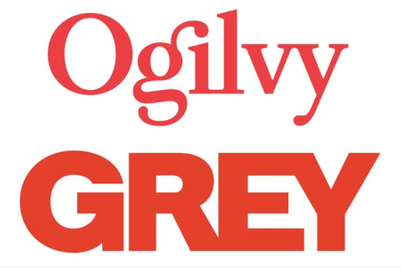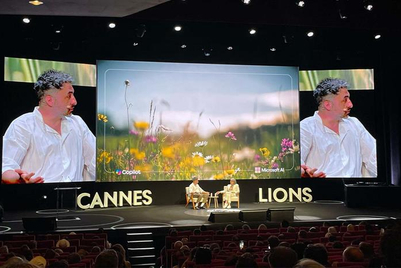
From Venezuela to France, from Saudi Arabia to Brazil – even to the United States – the nations of the world are undergoing an identity crisis, with clashes in left versus right, might versus right, and reform versus feudalism in vivid, often brutal display.
Political, social and cultural shifts are reflected every day in the headlines – and sometimes even in our own ad campaigns. Take Grey Brazil’s "Corruption Detector" app, which, in the run-up to last year’s presidential election, used facial recognition technology to identify and keep track of those elected officials who have been snagged in scandal. The app, created for the consumer protection agency Reclame Aqui, won multiple Cannes Lions, including the Mobile Grand Prix. Closer to home earlier this year, Grey New York struck a nerve and inspired an entire cultural conversation around toxic masculinity with our Gillette campaign, "The Best Men Can Be."
As we all know, while communities everywhere experience upheaval, so have a number of industries, from Uber and Lyft’s effect on the taxi business, to Amazon’s transformation of retail, to digital’s disruption of traditional media, and so on.
Most of us would agree that the ad business, likewise, is in the midst of transformative times – and I would submit, experiencing its own identity crisis. Between the incursion of consultancies into the creative world to marketers taking their ad duties in-house, an agency exec could get pretty downtrodden.
Here are three reasons why we shouldn’t be:
1. We are experts at the craft of storytelling
Considering how much we’ve got going for us as a business, it warrants asking how the world got so down on us to begin with. I think a big reason is because, along with the vast cultural and institutional changes having an impact on society and our industry, there’s been what I like to call "a democratization of dreamers."
The ad business, as with so many other creative fields – art, music, filmmaking, publishing – has always been a magnet for people who dare to dream. Many of those who have dreams and talent simply don’t have the opportunity to realize those dreams. But technology and social media have changed all that, enabling anybody with a dream to share it and market it.
That said, there’s still plenty of room for the art of storytelling, and even though there’s a proliferation of messaging and an endless array of dreams on display for public consumption, I believe there is still a special place (and much appreciation) for dreams and stories that are crafted with expertise and finesse.
In other words, there’s still a place for the content we in the ad business create every day – the content that we are expert in and that is our very identity.
2. We like a bit of danger
Many of my colleagues wring their hands about the trend of brands bringing some of their marketing chores in-house, or about consultancies treading on our turf. Those on the outside can create content, of course, but I truly do not believe that it will be as high quality, as powerfully effective, as innovative nor as fearless as the content we as an industry were designed to deliver.
I’ve spoken and written before about the need for those of us in agencies to run toward the fire that is the inherent, superheated chaos of our industry – and about my belief that such chaos can give birth to the collision of ideas and the creative breakthroughs that make our work world-famous and effective. Thus, all of this makes those of us who create them indispensable.
We need to recommit ourselves every day to being fearless – in innovation and in creativity, in every way.
3. We bring dreams to life
Despite my belief that the greatest work comes from a collision of ideas, the truth is we don’t hear that much anymore about it. Instead, we hear a lot about the one big idea.
You know what the concept of one big idea says to me? That we are living in our own little bubble, doing everything in our power to stay away from that essential fire and chaos – and the ideas of others.
Ours was, and still in ways remains, a business that is known for bursting bubbles. We give consumers a glimpse into other worlds, whether real or fantasy. We are the liaison between where they are in real life and where they could be – even if it’s in their wildest dreams.
Dreamers have always wanted to make the world a more interesting, dynamic place, and the best of them have had the ideas and the drive to realize those dreams and to make this a more fascinating world for all, not just some.
With so much of the world trying to figure out who they are at this point in time, we in the ad business shouldn’t be. So let’s stand up and own our space.
Michael Houston is worldwide CEO of Grey Group.



.jpg&h=334&w=500&q=100&v=20250320&c=1)


.png&h=334&w=500&q=100&v=20250320&c=1)




.png&h=334&w=500&q=100&v=20250320&c=1)





.png&h=268&w=401&q=100&v=20250320&c=1)
.png&h=268&w=401&q=100&v=20250320&c=1)

